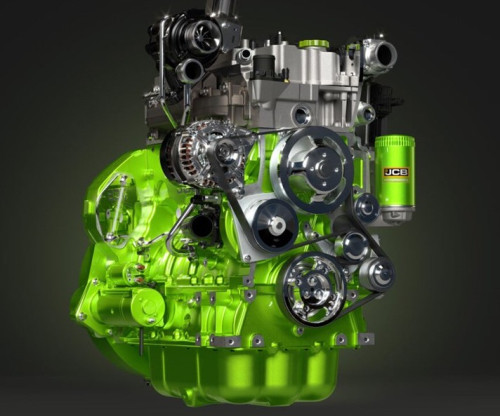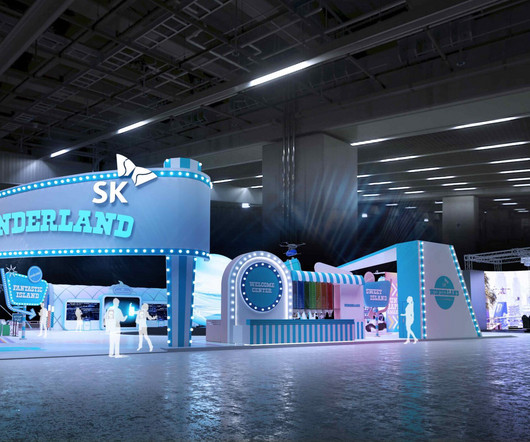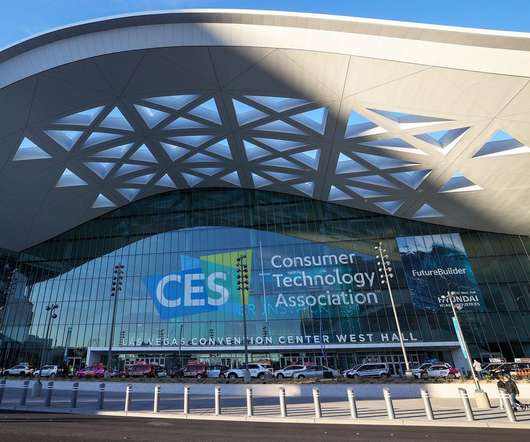JCB unveils hydrogen engine at Conexpo
Green Car Congress
MARCH 20, 2023
inline-four hydrogen combustion engine (448 ABH2)—the company’s zero-carbon emissions solution for construction and agricultural equipment—at the Conexpo 2023 show in Las Vegas as part of the International Fluid Power Exposition (IFPE). JCB publicly unveiled its new port fuel injected, 4.8L












Let's personalize your content